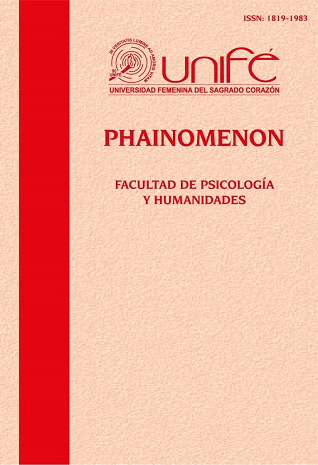Objetivación y racionalidad de la concepción de la religión en la filosofía de Immanuel Kant
DOI:
https://doi.org/10.33539/phai.v18i2.1742Palavras-chave:
Experiencia, racionalidad, ciencia, moral, religión.Resumo
Frecuentemente se afirma de modo presunto en la filosofía de Kant sobre límites de la metafísica olvidándose que los mismos nos sirven sobre todo para el conocimiento científico. En el presente trabajo el autor se propone desarrollar cómo la crítica que expone Kant para establecer una metafísica trascendental y los límites de la ciencia nos conducen hacia una racionalización de la moral y, seguidamente, de la religión. En primer lugar, con base en la Crítica de la Razón Pura el autor examina la condición de posibilidad de toda experiencia y conocimiento. En segundo lugar, analiza la relación entre la apercepción trascendental respecto de las ideas incondicionadas y la imposibilidad de su comprobación. Y, finalmente busca justificar cómo a pesar de ello, partiendo de un análisis de la ley moral, no se deriva sino un concepto de religión más racional.












